
br>
Evgenia Medvedeva shines outside the skating rink. How the two-time world champion became one of the most sought-after media figures in the country — in the material Sport.
In her place, many would have broken down
Medvedeva is an exception to the rule, one of the most successful examples of a smooth transition from sports to outside life. Her transformation from a great athlete into a media star took place surprisingly quickly and naturally — so much so that it is hardly possible to imagine her in another role.
Evgenia appears at social events, launches a clothing collection, comments on competitions and gives interviews — and it’s very good, considering that she has not undergone professional training. A couple of years will pass, and perhaps the image of a convergent media persona will become so entrenched that it will supplant Medvedeva the figure skater. Not in the eyes of fans, of course, but in the eyes of the outside public – quite well.

What causes such transformations? At first glance, it seems that the basis for this was laid by the “Canadian” period in Evgenia’s career, when she trained under the guidance of Brian Orser. Having left Moscow for Toronto, for some time she tried to adapt to the realities of a completely different world, living according to its own laws. Many fellow journalists noted that at that time even Evgenia’s speech began to change — neat, diplomatic rhetoric began to prevail in it, but not without brightness.
She began to move away from purely sports topics into more everyday ones — building a new body, physical and moral health. In a word, into something that is important to everyone, which made her even closer to the average person than before. From the point of view of public speaking, the move was extremely successful, even if it was done unintentionally.
Even then it was clear that after finishing her career, Evgenia was guaranteed not to get lost in the media. And even in sports, she was something more than just a figure skater and member of the Russian national team. Many remember how, before the 2018 Olympic Games, Evgenia went to the headquarters of the International Olympic Committee (IOC) in Lausanne to give a speech about the admission of Russian athletes — a 17-year-old girl with a cast on her leg (at that time Medvedeva was healing a stress fracture) against adults officials in jackets.
Evgenia herself proudly recalls that moment and talks about how that evening she managed to defend the right of the Russian team to go to Pyeongchang at least in a neutral status. This statement may sound too optimistic, but it is not without truth. The presence at the meeting of one of the most popular athletes in winter sports, whose absence from the Games would have guaranteed the IOC to lose financially, in some sense definitely had an impact.

However, in a cruel irony, the Olympics for which Medvedeva fought both on the ice and in the “offices” turned out to be a disappointment for her. Young Alina Zagitova, for whom there were no global off-ice tasks at that time, was objectively better. And Evgenia, for whom an Olympic gold medal was the main goal in her career, was left with silver.
Many in her place would have broken down, but she managed to turn everything she went through during her time in sports into a successful career outside of it. Of course, Evgenia does not fall off the news agenda thanks to the efforts of agent Levan Matua. The frequency of her public appearances is outstanding for a former athlete. She is involved in many advertising campaigns and is often invited to events as a guest of honor or a jury member. At first glance, all these activities seem unobvious and not very useful, but in fact, this adds up to the frequency of mentions of a person in social networks and news portals. What an extremely valuable resource for a media person.
It works on the principle of teaching students — first you gain/strengthen your media influence by attending various events, and then you yourself become a source of clicks and mentions for them. At this stage, due to an extremely successful sports career and an active period of becoming a media diva, Evgeniy can already be classified in the second category.
Bad guys in figure skating are not for sale
Moreover, unlike most former figure skaters, Medvedeva does not limit herself to purely sports and near-sports events, which can also be considered an extremely successful move. Cross-platform is very important for working with a wide audience, which will ultimately make up the bulk of those who follow it. The fact is that the mass of the figure skating public has tended to be overestimated in recent years. In fact, the percentage of active audience in this sport is low, and it is almost impossible to remain at the top of media ratings only through sports fans. The most popular example in this regard is Anna Semenovich. Not many Russians remember her as a figure skater (and quite a talented and even titled one), but her career in music and her bright image in the media allow her to remain popular for a couple of decades.

Evgeniya and her team clearly understand this. Moreover, their approach can be considered even more stylish than that of their colleagues, because unlike most, she does not use (at least at the moment) “black PR” for promotion. In one of his interviews, sports agent Ari Zakarian said that for successful promotion, a skater needs to have a “good” image, because bad guys in figure skating are not sold due to the specific needs of the audience. Medvedeva, having survived the crisis period of mass criticism for her decision to move to Canada, from now on does not make any global image mistakes, which allows her to maintain an “anchor” in the form of a figure audience and add to it the philistine.
At the same time, Zagitova’s approach is slightly different, at least in that she implements her concept of entering cross-platforms by demonstrating beauty. Alina is certainly extremely beautiful and that works for all types of audiences. At the same time, Alina’s anti-crisis PR is working worse, and with the exception of the release of merch with the clause “Hopelessness,” which demonstrated the athlete’s self-irony, the Olympic champion has not yet accumulated successful cases in this regard.
Medvedeva consolidates the effect of visiting various events by participating in online projects in the interview genre. Her own show “No Comments,” in which she communicates with guests in an informal style, is an example of a very successful implementation of an athlete’s need to enter journalism. Unlike most of those who also tried themselves in this genre (Zagitova, Tuktamysheva, Shcherbakova), Medvedeva manages to create viral content due to the depth of elaboration of topics. She is not shy about “hyping up” by asking provocative questions, but at the same time she knows when to stop and not push – and this is exactly what almost all former athletes at the first stage of their formation in journalism critically lack.
< br>
The effect of the show being cited is comparable to going to a high-status event in the square, because the frequency of mentions of Evgenia only increases after each episode. It is also worth noting that Medvedeva, when choosing guests, is not limited to sports, which only increases her recognition among an audience that was not previously interested in sports.
It’s a paradox, but now Evgenia seems to be even more popular than during her sports career. And there is a feeling that with the right approach, the current level is not the limit for her.



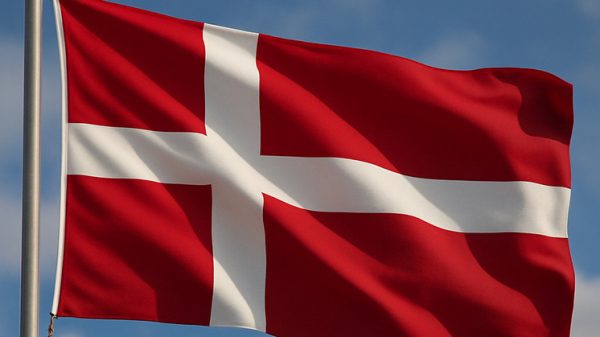






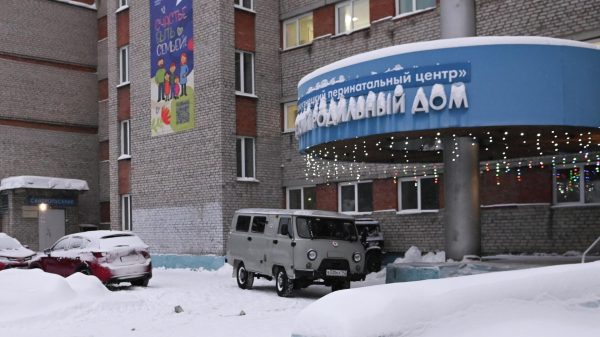
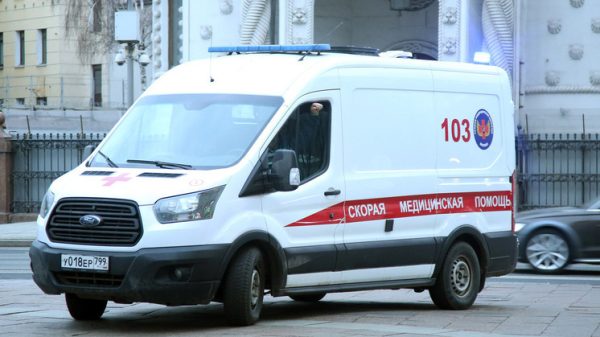









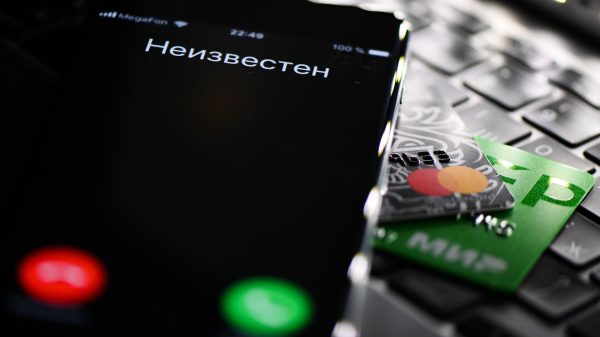

































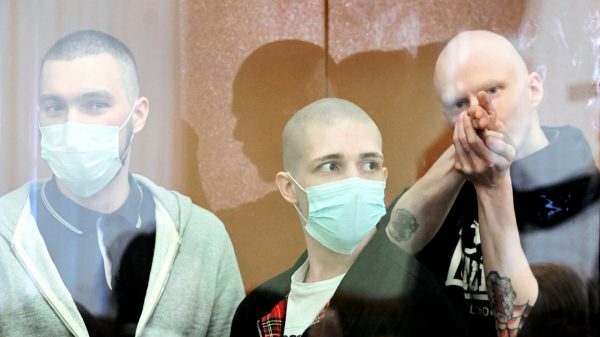

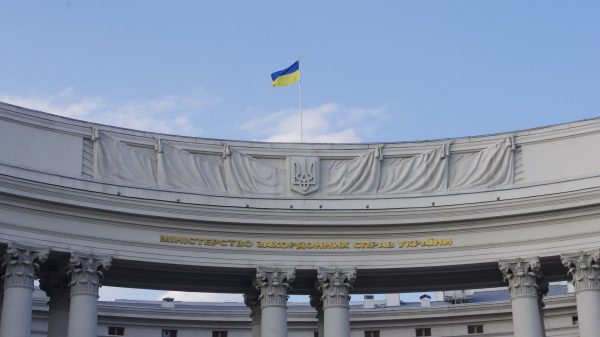
Свежие комментарии